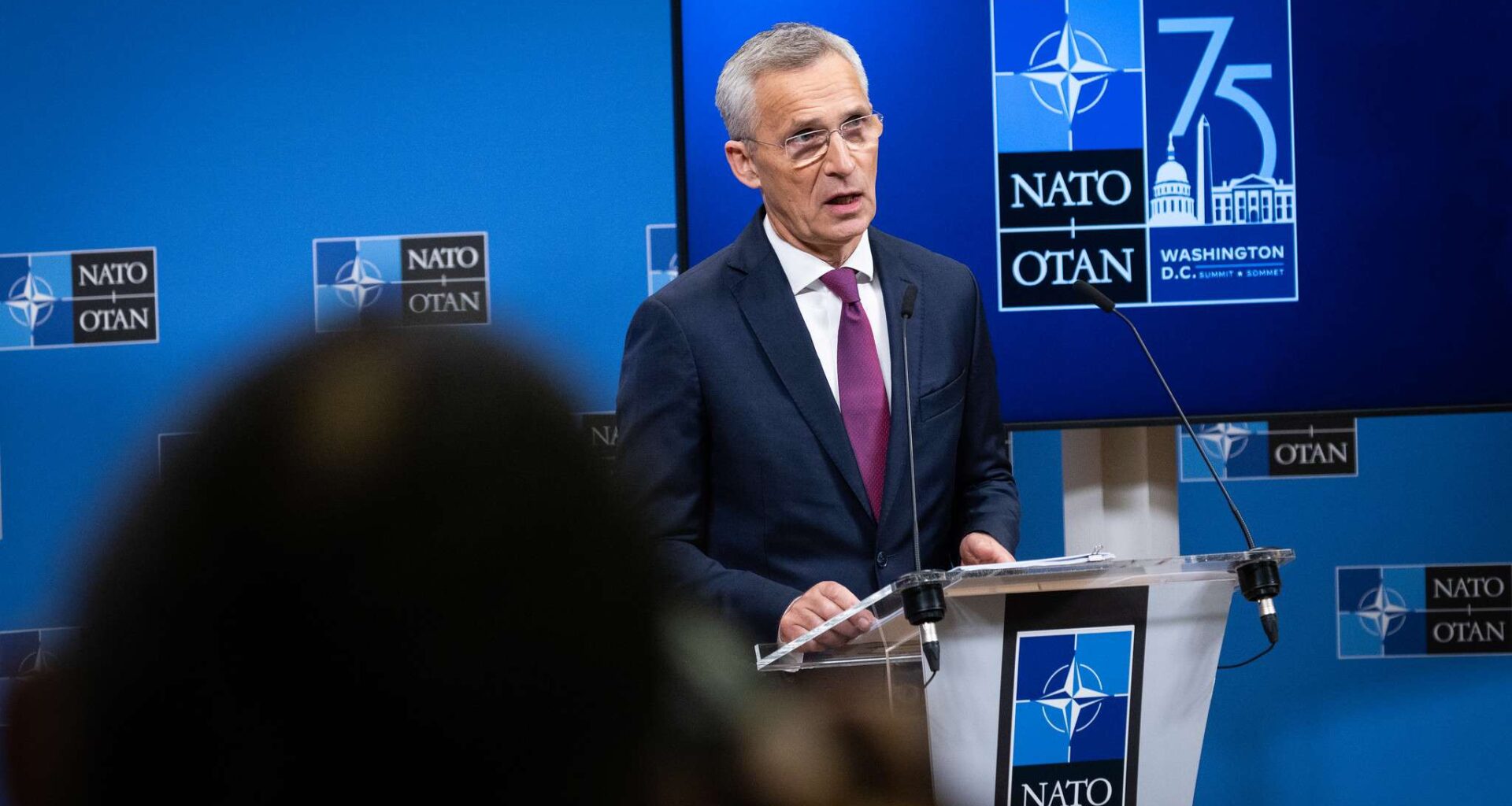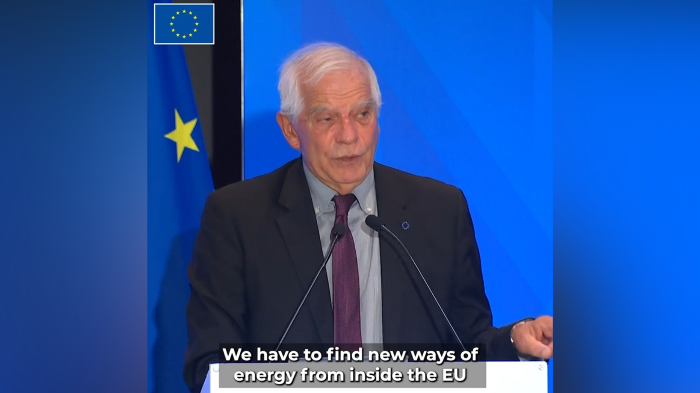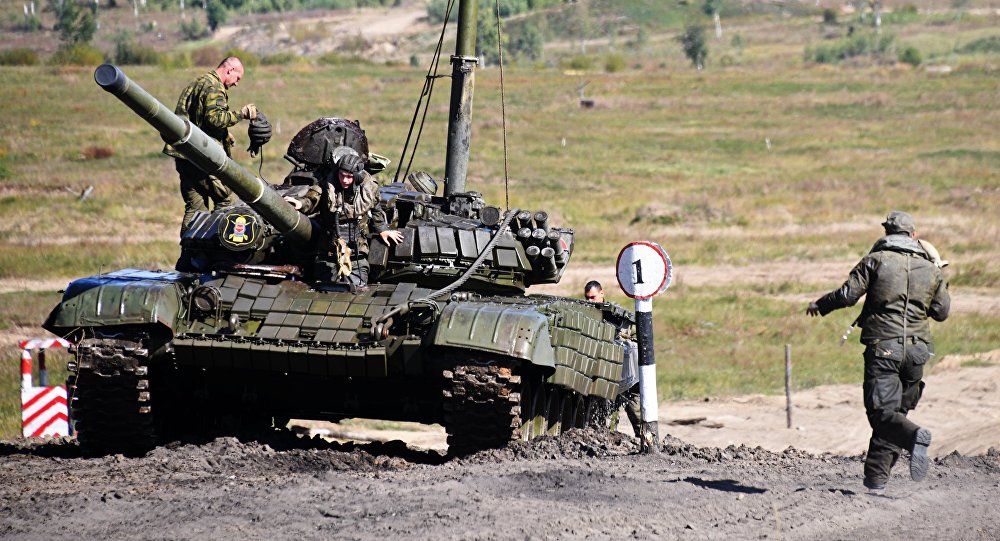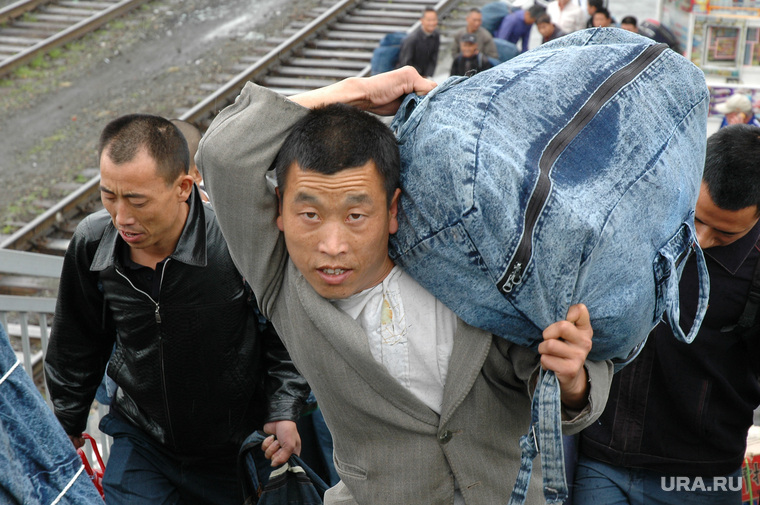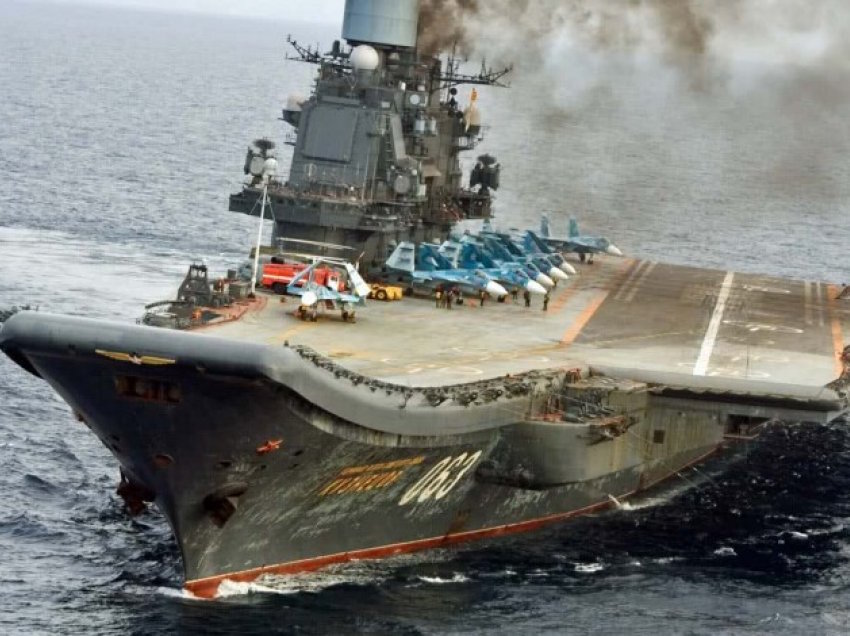NATO’s 75th Summit in Washington, D.C. (9-11 July) is a focal point for Ukraine’s aspirations. Kyiv seeks both practical military aid and strategic declarations, with the ultimate goal being an invitation to join NATO. However, President Zelenskyy has tempered expectations.
“We desire an invitation, knowing we won’t receive one. Although, I believe that if we want to see a strong America, strong in the sense that US society eagerly anticipates, then something akin to an invitation would be precisely such a sign,” the President said in an interview with Bloomberg.
So, what can Ukraine realistically expect from this summit?
Oleksandr Kraiev, Director of the North America Program at the Foreign Policy Council “Ukrainian Prism,” was optimistic this winter.
“An invitation is coming at the Washington summit. Otherwise, it’s a total Western failure. Not inviting Ukraine into NATO means the US signaling it won’t defend Taiwan either,” Kraiev told Euromaidan Press in January.
However, the optimistic scenario has fallen through. The game-changer over the past six months? China.
Why Ukraine’s NATO hopes have dimmed since winter
Stoltenberg’s winter vision for Ukraine’s NATO accession included a roadmap with political and economic reform criteria, akin to “Copenhagen criteria” for NATO.
“This was Ukraine’s hoped-for invitation, potentially blocking future opposition from figures like Orban or Trump. However, a series of unexpected events changed the landscape,” Oleksandr Kraiev told Euromaidan Press.
These events include Trump’s improved legal standing, concerns about Biden’s health, NATO leadership changes, and the upcoming elections in the Western countries.

“Ukraine’s best-case scenario now resembles our previous minimum expectations: more weapons, continued cooperation, and some kind of affirmation of Ukraine’s NATO future,” Kraiev notes.
Ukraine may also receive guidance on priority reforms and potentially benefit from an annual NATO common fund, discussed at €40 billion, separate from national programs.
Also, over the past six months, several approaches to resolving Russia’s war against Ukraine have emerged: Chinese, Russian, and Trump’s. None include Ukraine’s NATO membership.
China, not Russia, is NATO’s key concern in Ukraine membership debate
China’s involvement in Ukraine peace negotiations has become a pivotal factor in the war’s diplomatic landscape. Its proposal, centered on a bilateral ceasefire and subsequent negotiations, includes a contentious call to halt Western arms supplies to Ukraine.
“China’s argument is nuanced,” the expert explains. “It claims to have armed Russia less than the West has Ukraine, suggesting that if Western aid stops, China could leverage its influence to restrain Russia and enforce a ceasefire.”
This approach echoes the failed Minsk agreements of 2014 and 2015, potentially freezing the war and allowing Russia to regroup.
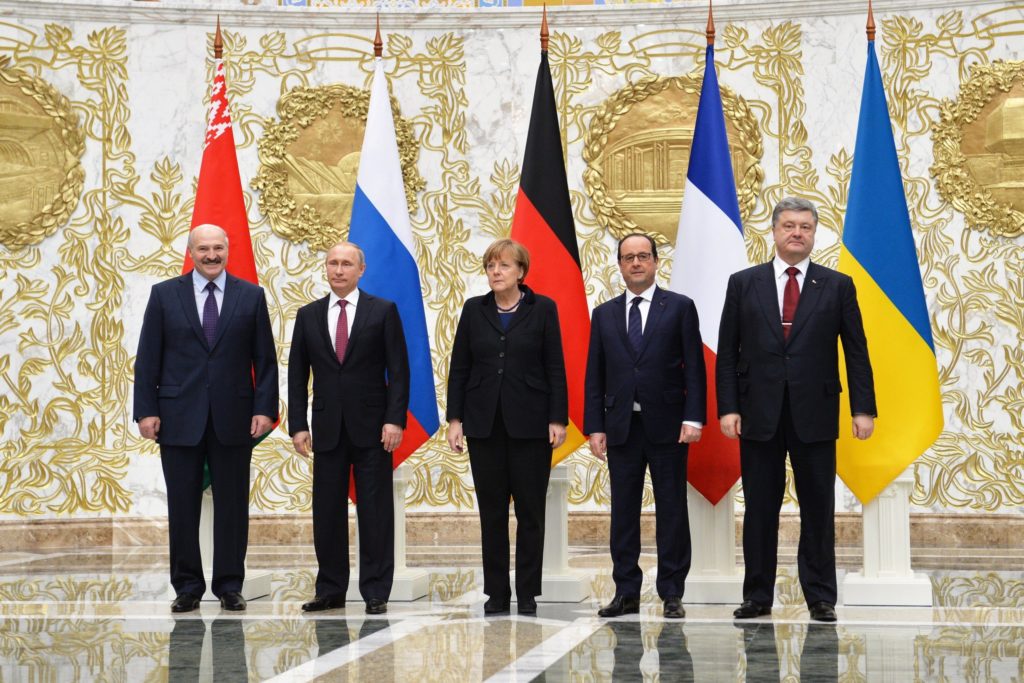
Belarusian President Alyaksandr Lukashenka, Russian President Vladimir Putin, German Chancellor Angela Merkel, French President Francois Hollande, Ukrainian President Petro Poroshenko, after the signing of Minsk-2, 2015. Photo: Wikipedia
China has offered to co-observe negotiations with the US, implying they could guarantee against further Russian offensives – a classic move in Chinese diplomacy.
These peace initiatives have significantly impacted NATO’s position on Ukraine’s membership. The alliance now views China as the primary actor capable of restraining Russia’s escalation and potential use of weapons of mass destruction.
In response, the West walks a tightrope – pressuring China while avoiding outright provocation.
“In the last three months, the Biden administration has imposed as many tariff and non-tariff restrictions on China as the Trump administration did. They’re restraining China while warning of harsh sanctions if they assist Russia,” said the expert.
However, China isn’t passive in these negotiations. They’re offering to restrain Russia in exchange for significant concessions:
- Market access for Chinese electric cars in Europe
- Rare earth metal trade
- Equal footing with the US on global issues
- Ukraine remaining outside NATO.
This delicate balance has led to a shift in Western strategy. While Putin’s peace proposals are largely ignored, China’s plan is receiving more attention.
Orban’s high-stakes play in Ukraine war
Hungarian Prime Minister Viktor Orban’s recent “diplomatic tour” has sparked controversy across Europe. In early July, he visited Kyiv, Moscow, and Beijing in quick succession, proposing a ceasefire and negotiations between Ukraine and Russia.
“Orban is positioning himself as a gateway to Europe for dictators while still benefiting from EU money,” Kraiev explains.
This self-initiated tour, reportedly conceived after consulting Steve Bannon, Trump’s former advisor, seems strategically calculated. It aims to reignite Russia’s interest in Hungary after failed gas negotiations. Hungary had unsuccessfully sought a 25% gas debt write-off and future discounts from Russia.
Orban’s proposals in Kyiv, aligning with Putin’s offers, renewed Russian attention. This could potentially reopen gas negotiations, crucial as Russia supplies 85% of Hungary’s gas.
Xi Jinping’s recent visit to Hungary also factors in.
#China is a key power in creating the conditions for #peace in the #RussiaUkraineWar. This is why I came to meet with President Xi in Beijing, just two months after his official visit to Budapest. #HU24EU #peacemission pic.twitter.com/6UcFkb4ynQ
— Orbán Viktor (@PM_ViktorOrban) July 8, 2024
“Orban’s logic likely goes: let’s win over the Chinese with our political stance to gain economic benefits later,” the expert suggests.“These initiatives demonstrate Orban’s astute understanding of dictators’ needs and communication styles,” the expert concludes.
Orban’s peace proposals amplified China’s potential role in the war, catching NATO’s attention. The alliance views China as crucial in restraining Russia, now NATO’s most significant security challenge since the Cold War.
NATO’s response is twofold: increasing combat-ready units on its Eastern flank while carefully managing relations with China.
“Antagonizing China risks losing leverage over Russia and potentially facing both powers united – a scenario Ukraine can’t win alone,” the expert explains. “Moreover, a China-Russia alliance could ignite tensions across the Asia-Pacific, a situation the West cannot ignore.”
Putin’s strategy: endless war to block Ukraine’s NATO entry
Russia’s proposals have evolved: first, they wanted to push NATO back to 1997 borders, then to 2021 borders, and now they’re suggesting NATO simply stops expanding.
“NATO won’t accept this proposal as it would immediately signal political impotence. Despite its indecisiveness and strategic issues, NATO won’t take such a step,” says Kraiev.
As former US diplomat Kurt Volker told Euromaidan Press earlier, if the West tells Ukraine it can only join NATO after the war ends, it incentivizes Putin to continue the conflict.
Kraiev believes Russia benefits from a slow, grinding offensive, despite suffering disproportionate losses. Their current tactics resemble the 1943 WWII Battle of Korsun–Cherkasy: a tank column, supported by artillery and infantry, attempts to break the front and achieve operational depth. But with gains measured in meters rather than kilometers.
“Their losses far exceed typical expectations for such tactics. Yet, this approach remains viable for the Russian regime,” Kraiev explains.
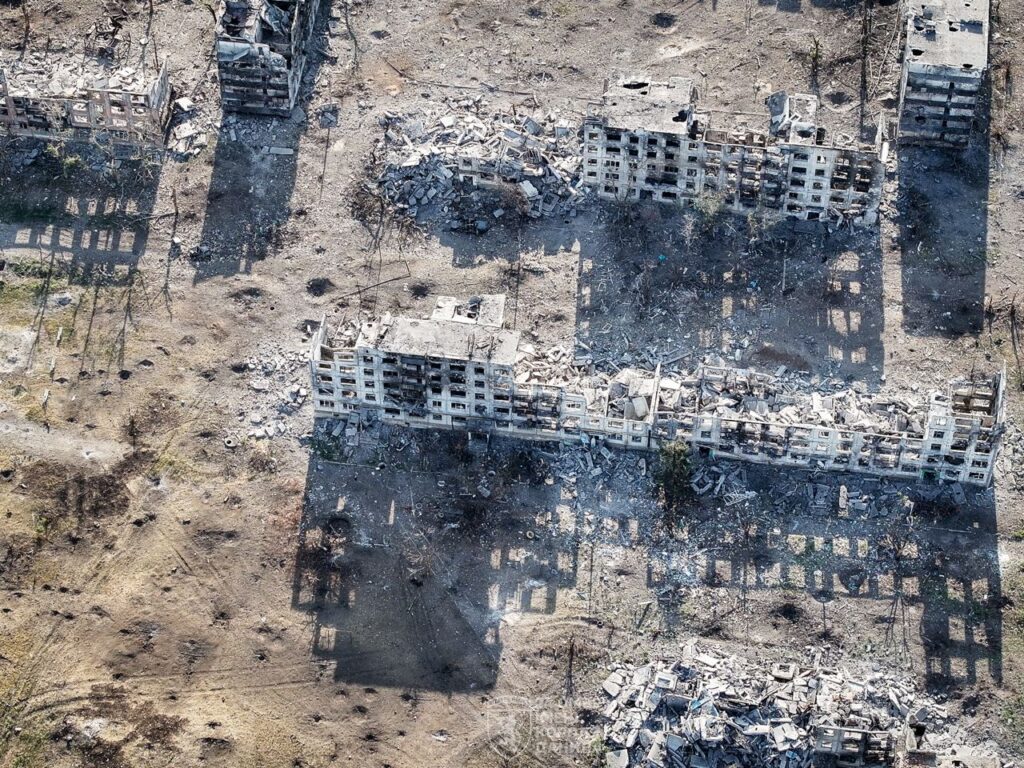
Russia will likely continue this strategy as long as NATO remains undecided and Ukraine can’t fully expel them. They can’t afford to stop, as holding defensive positions in the scorched territories is unfeasible.
“They’ll keep advancing, alternating between pauses and pushes, maintaining constant pressure. This ensures that Ukraine joining NATO post-war remains an unfulfillable condition,” Kraiev concludes.
Ukraine’s NATO dilemma: membership vs. territorial integrity
Ending the war now would require Ukraine to accept new borders, which the current leadership won’t do, says Kraiev. However, NATO membership in exchange for Russian-occupied territories might be worth considering.
“Kissinger’s ghost hovers over us, suggesting we admit Ukraine to NATO now, fixing its current borders to prevent future attempts to reclaim lost territories, including Crimea” Kraiev notes.

While potentially acceptable, this scenario involves many uncertainties. Ukraine hopes the Washington summit will at least affirm NATO’s openness to Ukrainian membership.
“The specifics matter less than affirming Ukraine’s NATO future. If this remains a bilateral process, Russia hasn’t won. If NATO boldly states Ukraine will join, defying both China and Russia, it’s an achievement. Conversely, ruling out Ukraine’s NATO membership would be Russia’s victory,” Kraiev explains.
NATO is considering phrases like “bridge to NATO” or “irreversible path” for Ukraine.
“’Irreversible path’ is a political statement of future membership. ‘Bridge to NATO’ is more practical, referring to Stoltenberg’s roadmap of reforms and standards Ukraine needs to implement,” Kraiev concludes.

****
Despite explaining to Euromaidan Press why Ukraine won’t receive a NATO invitation at the upcoming summit, Kraiev admits he doesn’t fully understand why this plan was rejected.
“A NATO invitation is essentially giving Ukraine a list of 1,500 reforms to implement. It’s symbolic and non-binding for the alliance. NATO’s reluctance is puzzling,” the expert states.
Beyond weapons and bilateral agreements, Kraiev anticipates Macron’s coalition proposal gaining traction at the summit. He notes that historically, NATO’s successes have come through coalitions of willing states rather than full alliance action.
“Our key achievement may lie in the pro-Ukraine coalition forming on the summit’s sidelines, rather than in the official document,” Kraiev concludes.
Read more:
- “No Minsk-3”: Stoltenberg rejects further Ukraine land-for-peace deals with Russia
- US ambassador: China has ”effectively sided with Russia”
- “No Minsk-3”: Stoltenberg rejects further Ukraine land-for-peace deals with Russia
- Polish Foreign Ministry: China can force Putin to end war in Ukraine
- Why Ukraine’s fight is key to defeating Russia-China-North Korea alliance




